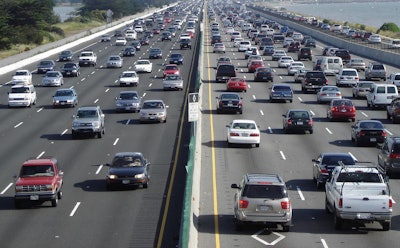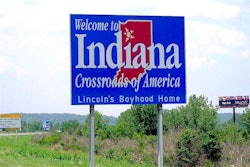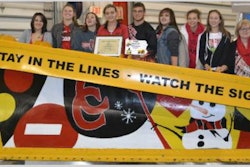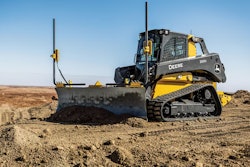
The grants were made possible by the Surface Transportation System Funding Alternatives program, part of the Fixing America’s Surface Transportation (FAST) Act.
Oregon was the first in the nation to launch a large-scale test of taxing miles driven rather than gallons of gasoline in a program that began in July 2015. The Oregon Department of Transportation (ODOT) plans to use the $2.1 million grant from the FHWA to further refine the pilot program called OReGO, ODOT spokeswoman Michelle Godfrey told the news agency. OReGO offers a variety of technologies for its 1,263 volunteers to keep track of their miles driven, and the majority are choosing GPS, which brings up the issue of privacy.
“This is a very sensitive process, and the privacy issues are still paramount,” Godfrey told the news agency, adding that while there have been “very few glitches, we need it to work as smoothly as possible so it is very easy for people to use.” She says the grant money will be used, in part, to explore the use of in-car telematics systems—such as OnStar or factory-installed navigation devices—and will also help the state develop manual mileage reporting methods for older cars.
Another concern that many rural drivers have is that they would pay more because of the long distances they drive, but Godfrey says it’s a misconception. “That’s actually false, because the more you drive, the more you pay in gas tax,” Godfrey told Bloomberg. “They might actually save money, because folks in rural areas are typically driving lower mile-per-gallon vehicles like trucks, so they pay more gas tax.”
Delaware received a $1.49 million grant for a project submitted by the Delaware Department of Transportation on behalf of the Interstate 95 Corridor Coalition, a partnership of transportation agencies, toll authorities, public safety and related organizations in 16 states from Maine to Florida, plus the District of Columbia. The project will explore the challenges of implementing a mileage-based system across multiple state lines.
The project will use existing technology in a pilot of about 50 people per state in an attempt to answer the question: “What happens when you have an individual who can drive through four or five states in a day,” Patricia G. Hendren, executive director of the I-95 Corridor Coalition, told the news agency, adding that Delaware and Pennsylvania have already signed on and several other states are now being finalized as participants.
“The insights that these pilot programs will generate will provide needed steps toward developing a user-fee-based funding option for the surface transportation program that will sustain it for the future,” said Michele Stanley, National Stone, Sand & Gravel Association (NSSGA) director of legislative and government affairs, in an NSSGA press release. “It’s time for Congress to coalesce around the common goal of addressing the Highway Trust Fund shortfalls with a durable solution like a MBUF (mileage-based user fee).”












